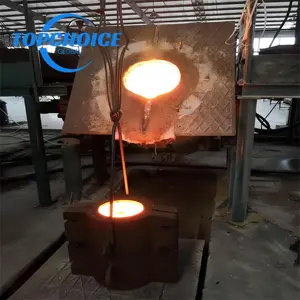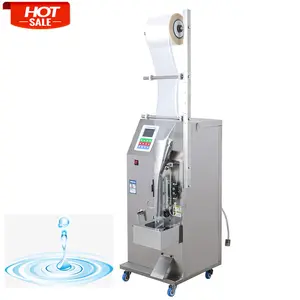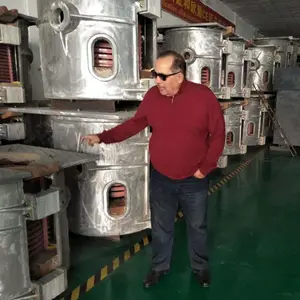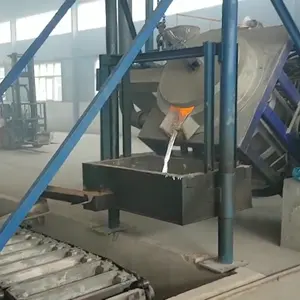Popular in your industry









Related Searches:






















Top categories
About smelting plant
A smelting plant is a facility where ores are processed to extract valuable metals and create usable products. The plant employs smelting, a metallurgical process that involves heating the ore at high temperatures to extract the desired metal. Different smelting plants are designed to handle specific ores and metals, such as copper smelting plants, zinc smelters, and aluminum smelter plants. These facilities play a crucial role in the mining and metal processing industries by transforming raw materials into refined metals for various industrial applications.
Types of smelting plants
Smelting is a complex process, requiring specialized equipment and facilities tailored to the specific characteristics of the ore and the target metal. As a result, there are several types of smelting plants, each designed to handle a particular set of materials and production requirements. For example, copper smelting plants are optimized for the extraction of copper from copper-bearing ores, such as chalcopyrite and bornite. The smelting process for copper involves the use of high-temperature furnaces and the addition of fluxes to facilitate the separation of copper from other elements in the ore. Furthermore, zinc smelters focus on the production of zinc and are often used to process zinc sulfide ores, such as sphalerite. In the zinc smelting process, the ore is roasted to convert the zinc sulfide into zinc oxide, which is then reduced to elemental zinc in a smelting furnace. Moreover, aluminum smelter plants are specialized facilities that produce aluminum from bauxite ore through the Hall-Héroult process. These plants typically consist of large electrolytic cells where alumina is dissolved in a molten electrolyte and subjected to an electric current to extract aluminum.
Advantages of smelting plants
Smelting plants offer various advantages in the processing of ores and the production of metals. These facilities are crucial for the efficient extraction of metals, as the smelting process allows for the concentration and separation of valuable metals from ore minerals. Additionally, smelting plays a key role in the recycling of metals from scrap materials, contributing to sustainability and resource conservation. Furthermore, the controlled environment of smelting plants enables the optimization of process parameters, leading to high metal recovery rates and the production of pure metal products. Moreover, the ability to customize smelting processes for different ores and metals makes these plants versatile and adaptable to changing market demands. The use of smelting plants in the metal industry also contributes to job creation and economic development in regions with significant mining and metal processing activities.
Applications of smelting plants
Smelting plants are indispensable in various industries, where the extraction and refining of metals are essential for manufacturing processes. The metals produced by smelting plants serve as raw materials for a wide range of applications, from construction and infrastructure to electronics and transportation. For instance, copper, derived from copper smelting plants, is used in wiring, plumbing, and electronics due to its excellent conductivity. Zinc, produced in zinc smelters, is vital for galvanizing steel and manufacturing batteries. Aluminum, a product of aluminum smelter plants, finds extensive use in aerospace, automotive, and packaging industries for its lightweight and corrosion-resistant properties. In the production of iron and steel, smelting plants are crucial for the extraction of iron from iron ore and the subsequent alloying and refining processes. Additionally, precious metals like gold and silver are obtained through specialized smelting processes and are utilized in jewelry, electronics, and financial sectors.































